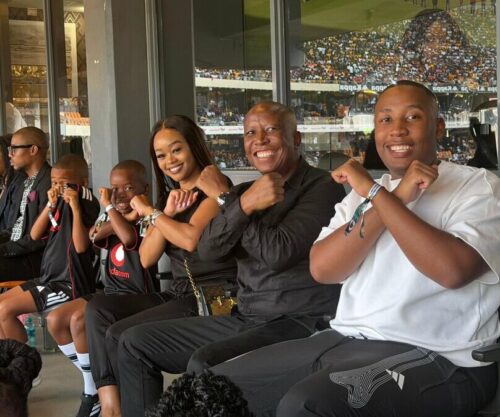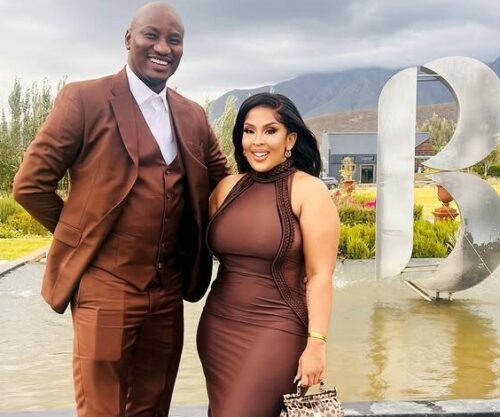
A Culture Clash Unfolds
When South Africa’s Human Rights Commission told Ngizwe Mchunu to publicly apologise for disparaging remarks against the LGBTQIA+ community, expectations were high. Instead, the media personality made it clear: he would rather go to jail than bow to that demand. His response reignited debate over culture, rights, and accountability.
What Did He Say?
Mchunu’s comments came after a same-sex wedding ceremony went viral—one of the grooms wore traditional Zulu attire. In online videos, he argued that same-sex couples should not don cultural regalia reserved for heterosexual men. He used derogatory language and insisted queer people should “leave South Africa.” He singled out public figures, warning the commission, “You’ll find their apology in my grave.”
The SAHRC Pushes Back
The South African Human Rights Commission ruled that Mchunu’s comments are prima facie violations of equality law. It ordered him to remove the offensive content, issue a public apology within 24 hours, and stop distributing further discriminatory content—or face referral to the Equality Court.
The Broader Backlash
Across social media and civil society, the condemnation was swift. Organisations like TransHope, LGBTQIA+ advocacy groups, and human rights activists denounced Mchunu’s rhetoric as hateful and dangerous. The Commission for Gender Equality declared his statements a “grave violation of human rights.”
Meanwhile, some supporters echoed his cultural defence: that he was protecting Zulu tradition. Others said cultural arguments do not justify discrimination.
NEWS: Ngizwe Mchunu insists that he will never apologize to the LGBTQI community as ordered.
He says he is prepared to stand alone on the matter and even go to jail when need be – KZN Tonight Podcast— Sihle Mavuso (@ZANewsFlash) October 13, 2025
Historical Tension: Culture vs Rights
South Africa’s Constitution is clear: everyone is equal before the law, regardless of sexual orientation. Hate speech based on gender identity or orientation is not protected. Yet public figures sometimes invoke “culture” to skirt responsibility. This case forces us to confront the tension: can tradition be used to justify exclusion?
What This Moment Demands
This episode is not just about one person’s refusal to apologise. It is a flashpoint. It raises urgent questions: How do cultural custodians balance respect for heritage with the rights of all citizens? At what point does hurtful speech cross into a violation of dignity and safety? And who will hold powerful voices accountable when they refuse to see harm?
The courts will now weigh in. But the court of public opinion is already watching.
Source: Briefly News
Featured Image: News24




